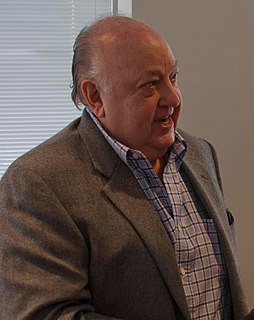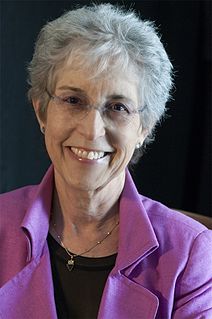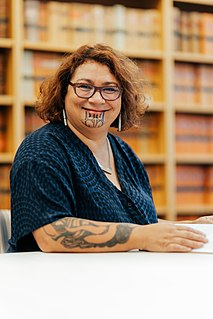A Quote by Carolyn Porco
I have a bias, and I don't deny that. But it's not so much an emotional attachment with objects that we study: it's a point of view based on the evidence. We simply know more about Enceladus.
Related Quotes
The fundamentalists deny that evolution has taken place; they deny that the earth and the universe as a whole are more than a few thousand years old, and so on. There is ample scientific evidence that the fundamentalists are wrong in these matters, and that their notions of cosmogony have about as much basis in fact as the Tooth Fairy has.
The process of inner self-examination brings about a knowledge that is as rigorous and supported by evidence as anything science has to offer. At the same time, this point of view redefines faith as a knowledge that is attained not only by intellectual means, but also through the rigorous development of the emotional side of the human psyche. Such emotional knowledge is unknown to the isolated intellect and has therefore been mistakenly labeled as "irrational."
[T]he more clamour we make about 'the women's point of view', the more we rub it into people that the women's point of view is different, and frankly I do not think it is -- at least in my job. The line I always want to take is, that there is the 'point of view' of the reasonably enlightened human brain, and that this is the aspect of the matter which I am best fitted to uphold.
We all have cultural bias, racial bias. One of the difficult things around this subject matter is to deny that we have places we go to subconsciously, and unless you consciously decide that that's wrong and you've got to do something about it, especially if you're in a position of power, it won't change.
Intuitive seeming is in my view an attraction to assent based on nothing more than understanding of the content that upon consideration attracts one's assent. But such understanding-based attraction can differ dramatically in epistemic quality. Some such attractions represent nothing more than superstition or bias absorbed from the culture, sans ratiocination.
I have received emails from readers who have said that they were emotionally impacted by the books, and they feel they are more environmentally aware and energized to do more. So that's hopeful to me. It is at least evidence of what I'm trying to do - trying to convey very intense emotional experiences by being very close in on character points of view to make you feel it in your body. That's one way to get the point across, by evoking a visceral response.
The computer revolution is a revolution in the way we think and in the way we express what we think. The essence of this change is the emergence of what might best be called procedural epistemology-the study of the structure of knowledge from an imperative point of view, as opposed to the more declarative point of view taken by classical mathematical subjects.




































